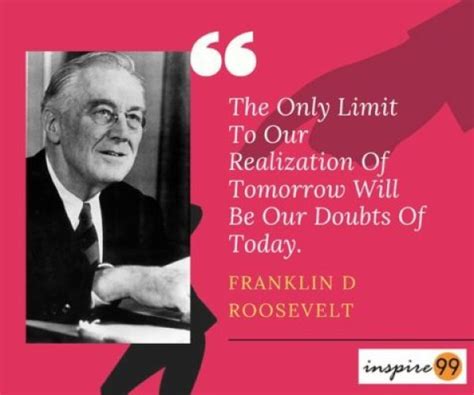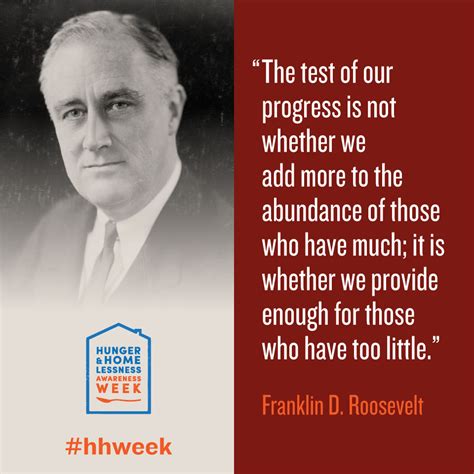In the journey of personal growth, we often seek inspiration to guide and motivate us. One powerful way to ignite this inspiration is through the “Inspirational Word of the Day.” Each word carries unique significance and can serve as a beacon for our personal development. In this article, we will delve into the meaning and historical context of our featured word, exploring its relevance to self-improvement and how it can be practically applied in our daily lives. From real-world examples to inspiring quotes and actionable steps, discover how incorporating this word into your mindset can fuel your personal growth and drive you toward achieving your goals.
Explore this topic with terylblog.com in great detail.
1. Definition and meaning of the word
The word of the day, “Resilience,” is defined as the capacity to recover quickly from difficulties or adapt well to adversity. It embodies strength and flexibility, allowing individuals to bounce back from setbacks and maintain their mental and emotional well-being under pressure. Originating from the Latin word “resilire,” which means “to spring back,” resilience is not just about enduring challenges but also about emerging stronger from them.
In its essence, resilience is about how we handle stress and adversity, and how we use these experiences to grow. It involves a combination of perseverance, adaptability, and optimism, helping individuals to navigate through life’s ups and downs with a positive attitude. Resilience is a critical trait in personal development, as it enables us to stay focused on our goals despite obstacles and setbacks. By understanding and embracing resilience, we can enhance our ability to overcome challenges and continue progressing towards our personal and professional aspirations.

2. Historical or cultural significance
Resilience has deep historical and cultural significance, reflecting humanity’s enduring spirit in the face of adversity. In ancient times, resilience was exemplified by various cultures and their ability to overcome natural disasters, wars, and societal upheavals. For instance, the Stoics of ancient Greece, such as Epictetus and Marcus Aurelius, emphasized the importance of resilience through their philosophy, teaching that inner strength and emotional control are vital for overcoming external challenges.
Culturally, resilience is celebrated in many traditions. In Japanese culture, the concept of “kintsugi,” or the art of repairing broken pottery with gold, symbolizes the idea of embracing flaws and emerging stronger from adversity. Similarly, indigenous cultures worldwide often celebrate resilience as a core value, demonstrating how communities withstand and adapt to environmental and social changes.
Throughout history, resilience has been a vital trait for survival and progress, embodying the ability to persevere through difficulties and emerge with renewed strength and wisdom.

3. How the word relates to personal development
Resilience plays a crucial role in personal development by empowering individuals to navigate and thrive amidst life’s challenges. It is integral to personal growth because it fosters the ability to overcome setbacks, adapt to changing circumstances, and maintain focus on long-term goals. Embracing resilience allows individuals to approach difficulties with a positive mindset, turning obstacles into opportunities for learning and growth.
In personal development, resilience encourages perseverance and emotional strength, enabling individuals to recover from failures and continue striving toward their aspirations. It also promotes adaptability, helping people adjust their strategies and perspectives when faced with unforeseen changes. By cultivating resilience, individuals build a foundation of confidence and inner strength, which enhances their capacity to handle stress, stay motivated, and achieve their personal and professional goals. Ultimately, resilience is a key driver of continuous improvement and success in one’s personal development journey.

4. Practical applications in daily life
Applying resilience in daily life can significantly enhance your ability to handle stress and achieve personal goals. Start by adopting a growth mindset, viewing challenges as opportunities for learning rather than insurmountable obstacles. When faced with difficulties, practice mindfulness techniques to maintain a calm and focused approach. This helps in managing stress and making more thoughtful decisions.
Set realistic goals and break them into smaller, manageable tasks. This makes overcoming obstacles more achievable and allows for celebrating small victories along the way. Build a support network of friends, family, or mentors who can offer encouragement and perspective during tough times.
Develop problem-solving skills by approaching issues with a solution-oriented mindset. Embrace flexibility and adapt your strategies as needed, understanding that setbacks are part of the journey. Lastly, practice self-care and maintain a balanced lifestyle, as physical and mental well-being are foundational to building and sustaining resilience. By integrating these practices into your daily routine, you can strengthen your resilience and enhance your personal growth.
5. Examples of the word in use
Resilience is evident in numerous real-life scenarios, showcasing how individuals navigate adversity with strength and adaptability. For instance, consider the story of J.K. Rowling, who faced numerous rejections before “Harry Potter” was published. Her resilience in continuing to refine her manuscript despite setbacks ultimately led to immense success.
Another example is the recovery efforts after natural disasters. Communities affected by hurricanes or earthquakes often demonstrate remarkable resilience by rebuilding their homes and lives, showing strength and solidarity in the face of devastation.
In the workplace, resilience can be seen in professionals who adapt to major organizational changes or economic downturns. For example, during the COVID-19 pandemic, many businesses pivoted to remote work models, demonstrating resilience by adjusting their operations to ensure continued success.
Athletes also exemplify resilience. A runner who overcomes injuries and setbacks to achieve personal bests highlights how resilience drives performance and perseverance. These examples illustrate how resilience enables individuals and communities to rebound from challenges and continue progressing
6. Inspirational quotes featuring the word
“In the middle of difficulty lies opportunity.” — Albert Einstein. This quote highlights how resilience enables us to find opportunities for growth and learning amid challenges.
“It does not matter how slowly you go as long as you do not stop.” — Confucius. This underscores the essence of resilience: persistence and the courage to keep moving forward despite obstacles.
“Resilience is the ability to bounce back from adversity and transform challenges into opportunities for growth.” — Anonymous. This captures the transformative power of resilience in personal development.
“Success is not the absence of failure; it’s the persistence through failure.” — Aisha Tyler. This emphasizes that resilience involves continuing efforts despite setbacks and learning from failures.
“Life doesn’t get easier or more forgiving; we get stronger and more resilient.” — Steve Maraboli. This quote reflects how resilience builds inner strength to handl
7. Benefits of incorporating the word into your mindset
Incorporating resilience into your mindset offers numerous benefits that significantly enhance personal and professional growth. First, resilience fosters emotional strength, helping you manage stress and maintain a positive outlook even during challenging times. This emotional stability improves overall mental well-being and reduces the risk of burnout.
Second, resilience enhances problem-solving skills. By approaching difficulties with a resilient mindset, you become more adept at finding creative solutions and adapting to changes, which can lead to more effective decision-making and increased success.
Third, resilience promotes perseverance. When you cultivate this trait, you are more likely to stay committed to your goals despite setbacks, leading to greater achievements and personal fulfillment.
Additionally, resilience boosts self-confidence. Overcoming challenges and learning from adversity reinforce your belief in your abilities, making you more capable of tackling future obstacles.
Finally, resilience strengthens relationships. By demonstrating adaptability and support in difficult times, you build trust and reliability, enhancing both personal and professional connections. Embracing resilience ultimately enriches your life, helping you navigate adversi
8. Actionable steps to embody the word
To embody resilience in your daily life, start by setting realistic and achievable goals. Break them down into smaller, manageable tasks and celebrate progress along the way. Embrace a growth mindset by viewing challenges as opportunities for learning and development.
Develop strong coping mechanisms by practicing mindfulness and stress-management techniques, such as meditation or deep-breathing exercises. Build a support network of friends, family, or mentors who can offer guidance and encouragement during tough times.
Foster adaptability by being open to change and flexible in your approach to problem-solving. When faced with setbacks, focus on finding solutions rather than dwelling on the problems.
Maintain a balanced lifestyle that includes regular exercise, healthy eating, and adequate rest to ensure your physical and mental well-being.
Finally, reflect on past experiences where you’ve demonstrated resilience. Use these reflections to reinforce your belief in your ability to overcome future challenges. By integrating these steps into your routine, you can
Embracing the concept of resilience can profoundly impact your personal development journey. By understanding its definition, historical significance, and practical applications, you can harness resilience to navigate challenges and achieve your goals. Incorporating resilience into your mindset through actionable steps and reflecting on its benefits will empower you to grow stronger, adapt more effectively, and maintain a positive outlook, ultimately leading to greater personal and profes
terylblog.com
